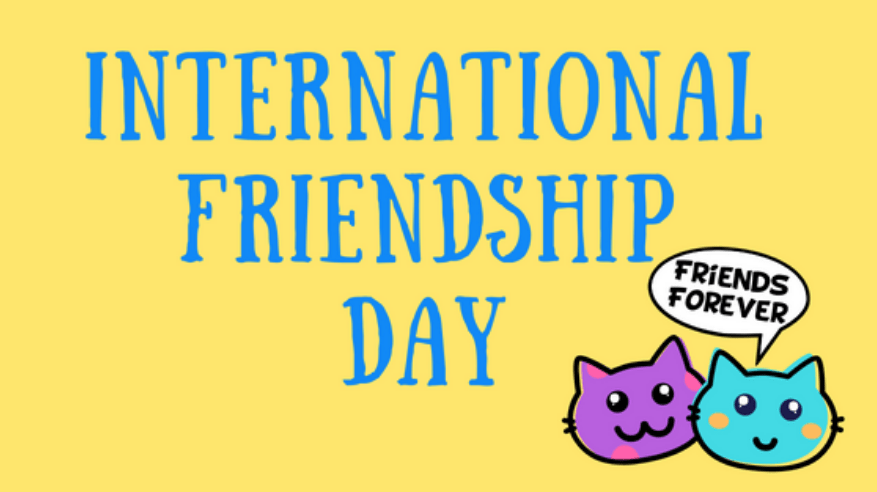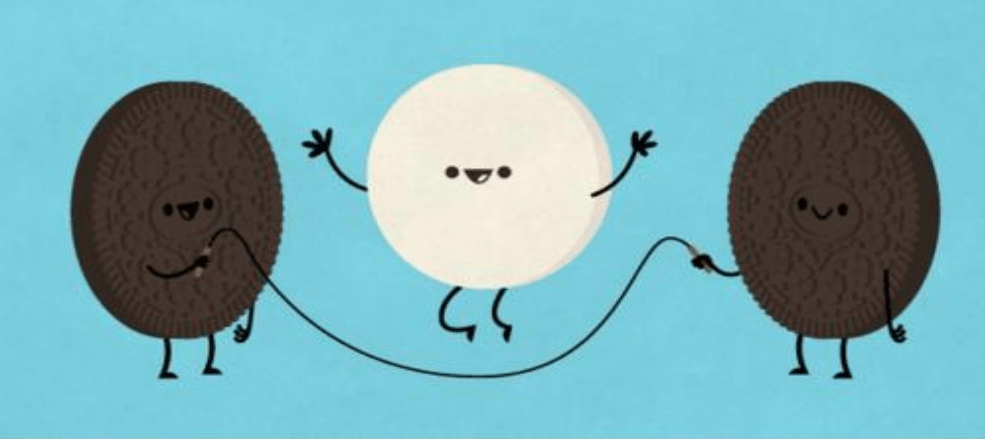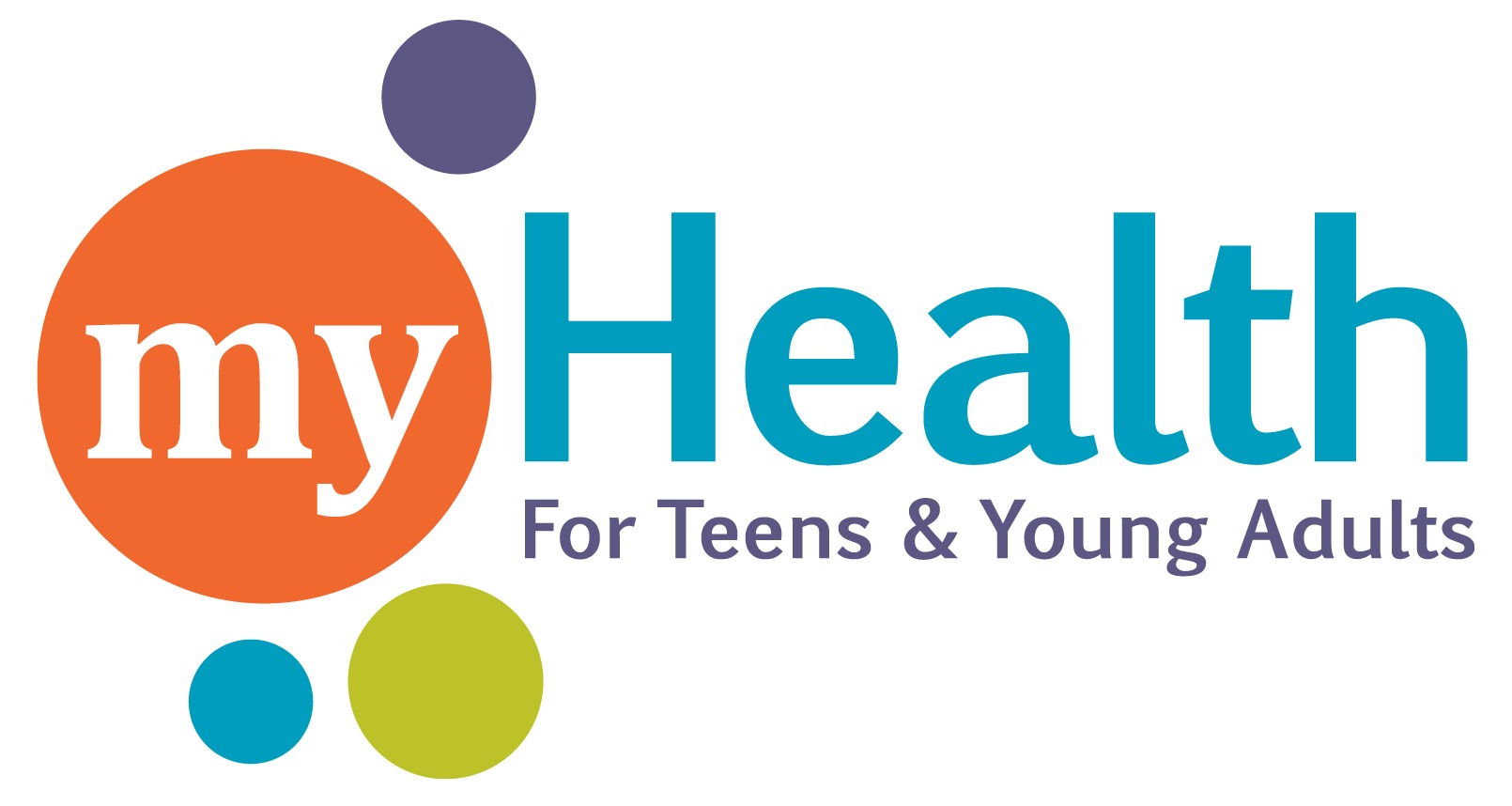
Did you know July 30th is International Friendship Day? You may be thinking to yourself, hmm there sure are a lot of international (fill in the blank) days, but this one has a special meaning. The United Nations proclaimed International Friendship Day in 2011. This day was created to celebrate the importance of friendship, its ability to inspire peace, and build bridges between communities. Research shows friendships have health benefits too1! The Mayo Clinic states friends can…
- Increase your sense of belonging and purpose
- Boost your happiness and reduce your stress
- Improve your self-confidence and self-worth
- Help you cope with stress and trauma
- Encourage you to live a healthier lifestyle
We think this is pretty awesome! More and more studies are showing friendships are good for us. A 2010 study, which combined data from more than 308,000 people across 148 studies, found a strong connection between positive social relationships and increased life span2.
As you read this, we hope you are able to think of some of the great friends in your life. Unfortunately, we know friendships aren’t always so great. How do we know someone is a good friend? How do we find friends? How do we find people who like us for who we are? These are some of the questions young people ask when we are out in the community. Everyone deserves to have friends that will support them, encourage them, and appreciate them for who they are.
The myHealth education team teaches young people to navigate friendships and emphasizes these qualities and how they help create healthy friendships (or any relationships).
Emotional Safety: Both people can be themselves and know they will not be judged. They are secure and confident in the friendship. They can take risks, feel challenged in an exciting way that respects their boundaries.
Trust: Friends have confidence in each other, and know they can rely on them. Friends can feel safe to be who they are and share openly with each other.
Support: Friends encourage each other, they value each other’s opinions and listen non-judgmentally. They are there to cheer you on in good times, and be someone to lean on in the not so good times.
Communication: Friends can connect and share openly and honestly. When differences arise, friends can talk through problems cooperatively. Boundaries are respected.
Boundaries: Personal boundaries are guidelines, rules or limits that a person creates to identify reasonable, safe and permissible ways for other people to behave towards them. This could be emotionally, physically, or virtually. Friends respect each other’s boundaries.
Equality: One person does not have power or control over the other. Everyone in a friendship gets a part in the decisions being made, like where to eat, or what to do. If one person is more comfortable talking about their emotions, that doesn’t mean only that person talks openly and makes themselves vulnerable.
Think of your friendships, are these characteristics present? If you have a young person, do their friendships have these characteristics? Remember we should also be a good friend to ourselves. Do you treat yourself the way you would treat a friend? It is also important to recognize these qualities in the way we treat ourselves, and the way our young people treat themselves.
Whether you have a lot of friends, a few friends, or are still trying to find your people that’s okay! Take some time on International Friendship Day to celebrate the friendships in your life! Call an old friend and check in to see how they are doing. Meet up with friends and enjoy the summer weather. Attend an event in your community or join a new group to expand your (real-life) social network. Friendships are a valuable part of our life and worth celebrating! Investing time in making friends and strengthening friendships can improve our health and give us a better sense of connectedness throughout our lives.

- The Health Benefits of Good Friends. (2016, September 28). Retrieved from https://www.mayoclinic.org/healthy-lifestyle/adult-health/in-depth/friendships/art-20044860
- Holt-Lunstad, J., Smith, T. B., & Layton, J. B. (2010). Social Relationships and Mortality Risk: A Meta-analytic Review. PLoS Medicine, 7(7), e1000316. http://doi.org/10.1371/journal.pmed.1000316
